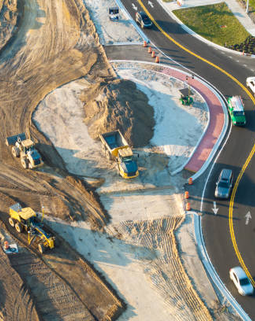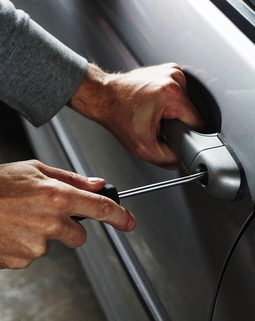In Sudan, three-wheelers — rickshaws and motorbike tricycles with cargo trailers have long been popular and inexpensive forms of transportation for passengers. But the country is mired in economic crisis, exacerbated by political turmoil and soaring oil prices. To avoid these problems, the al-Shehab electric rickshaw factory in Khartoum anticipated the potential of electric vehicles.
With frequent power cuts, the economic crisis has also affected Sudan's electricity supply. That is why Mohamed Samir proposes an alternative to off-grid by installing solar tuk-tuks and a rickshaw panel system. This way, the lack of electricity will not make it difficult for drivers to charge their vehicles.
With this system, a tuk-tuk tricycle can travel 100 km, while a rickshaw ranges 100-120 km. There is a critical concern regarding environmental issues with petrol-powered vehicles. The United Nations Envenvironment Programme warned that car smoking causes serious noise and air pollution.
The company owner addresses the UN Sustainable Development Goals when producing this unique tricycle. The company claims to have achieved the three Sustainable Development Goals. These aim to fight poverty, good health and well-being, and any action against climate change by reducing emissions.
Despite initial difficulties with building motor rickshaws, the joint venture turned out to be a success. Amjad Hamdan Hameidan, the owner of several electric rickshaws, says that it doesn't require a lot of spare parts or fuel and operates at minimum cost with a low chance of failure. Traditional gasoline engines may still be the norm in Khartoum, a business that, according to Mohamed Samir and Amjad Hamdan Hameidan, helps Sudan keep up with a rapidly changing world.





